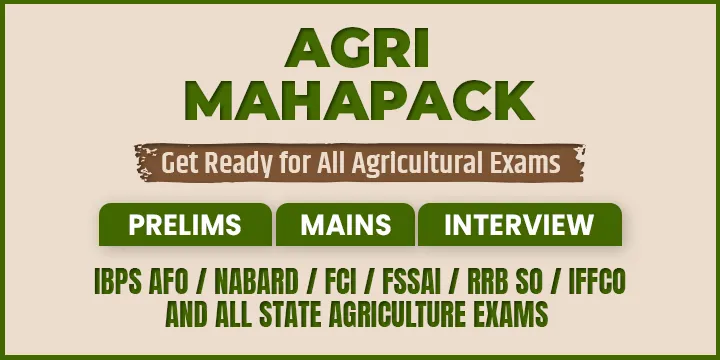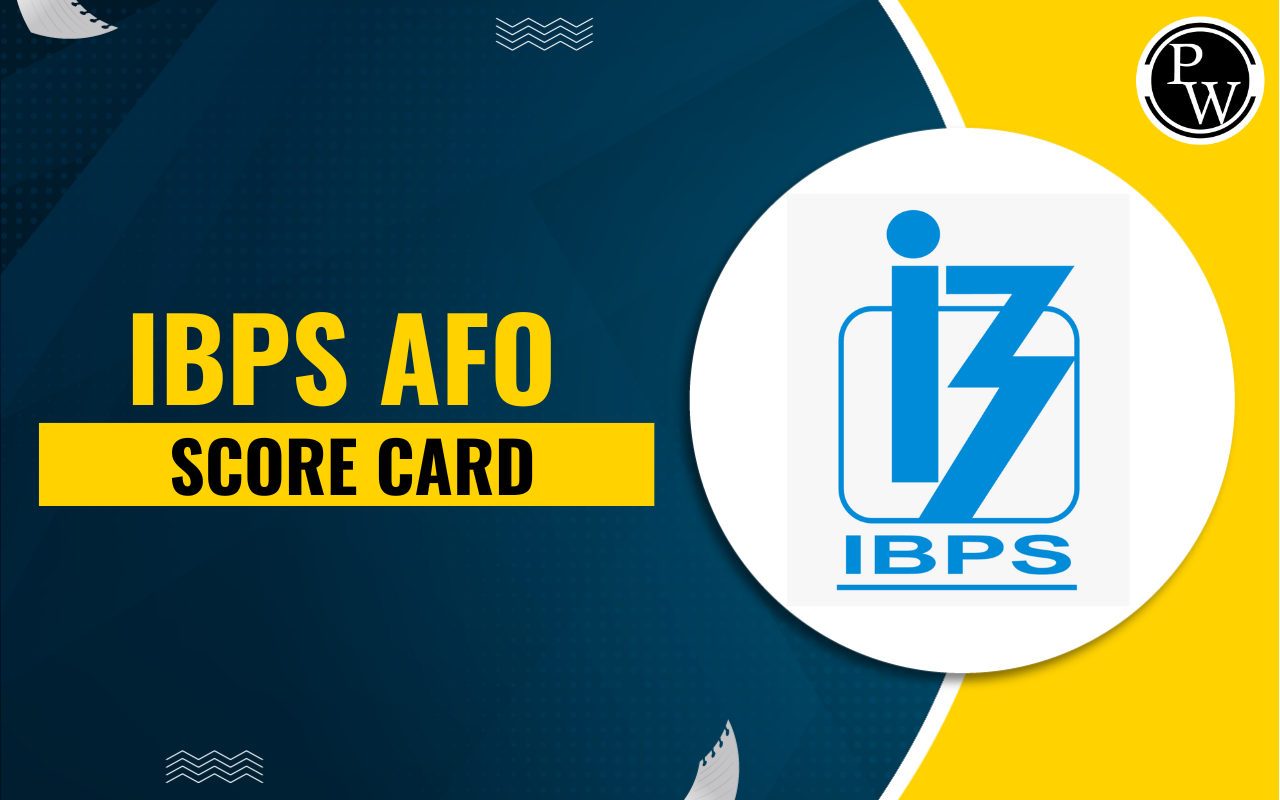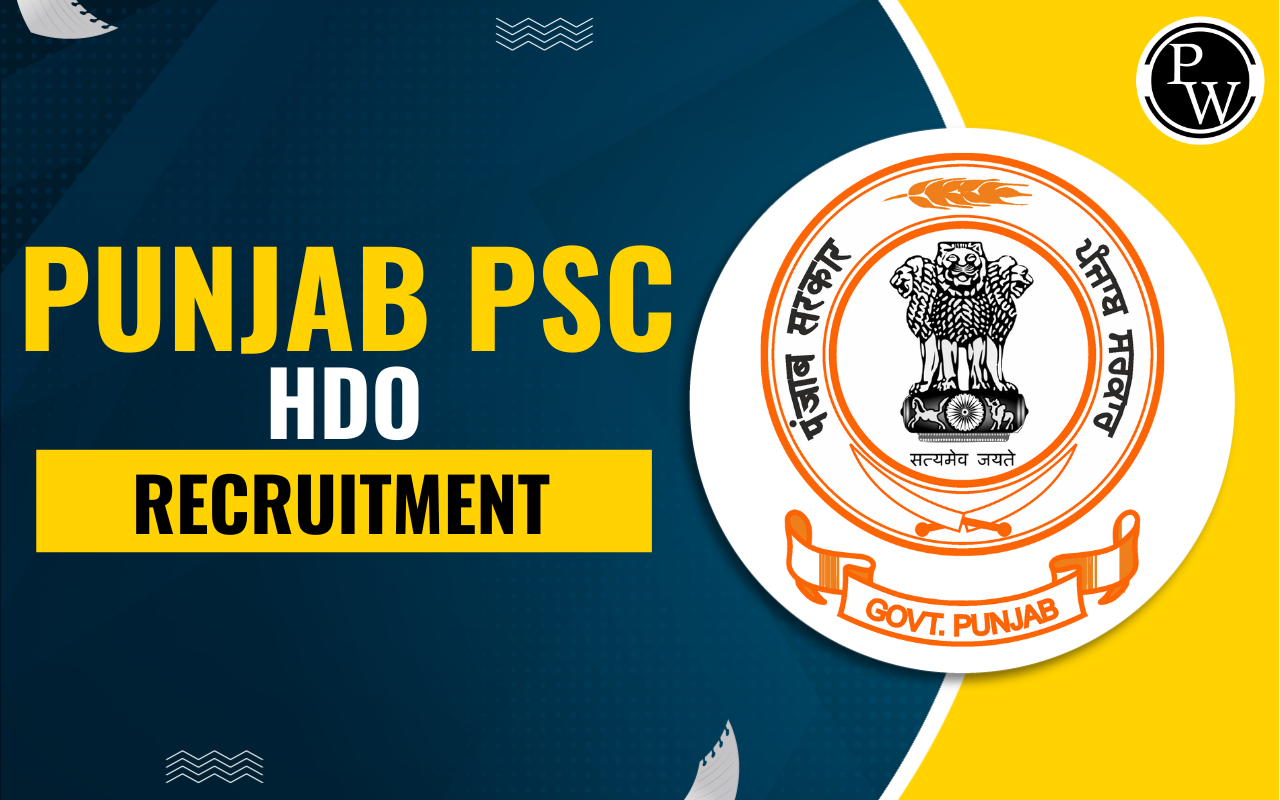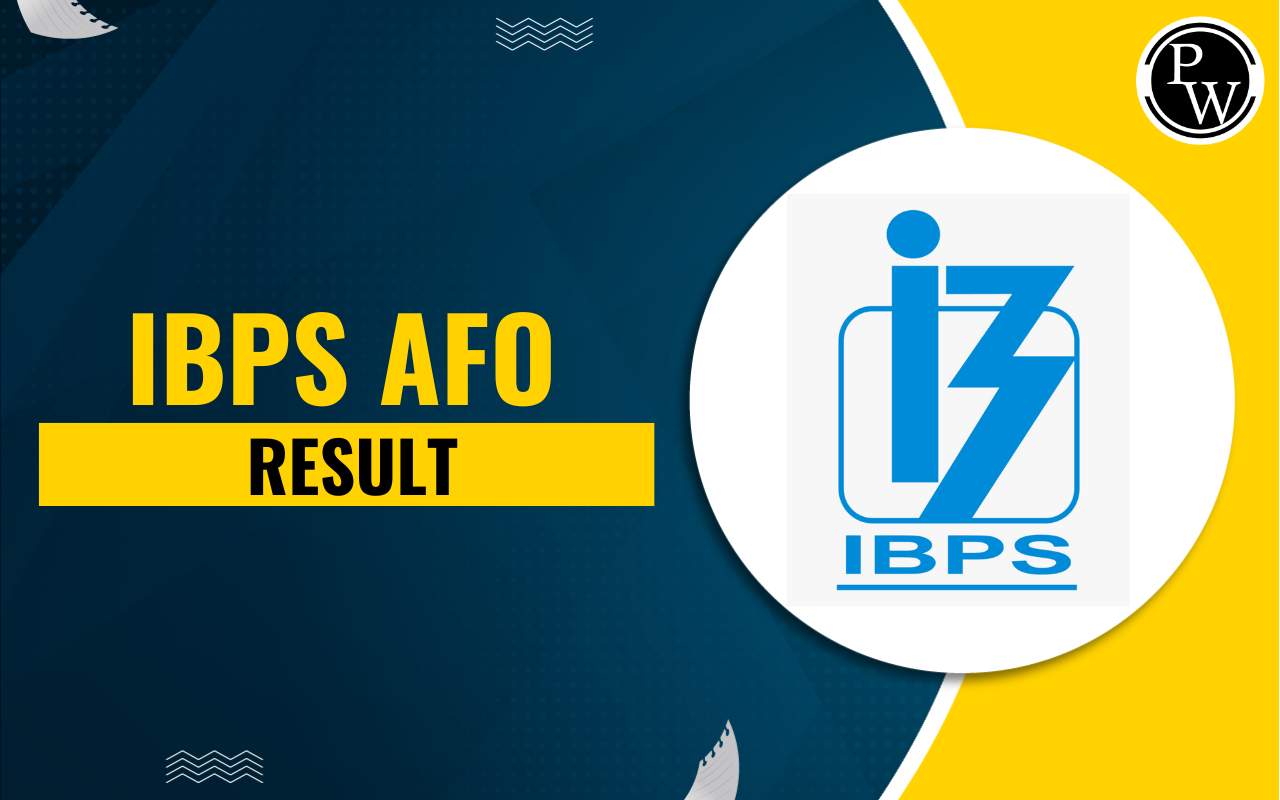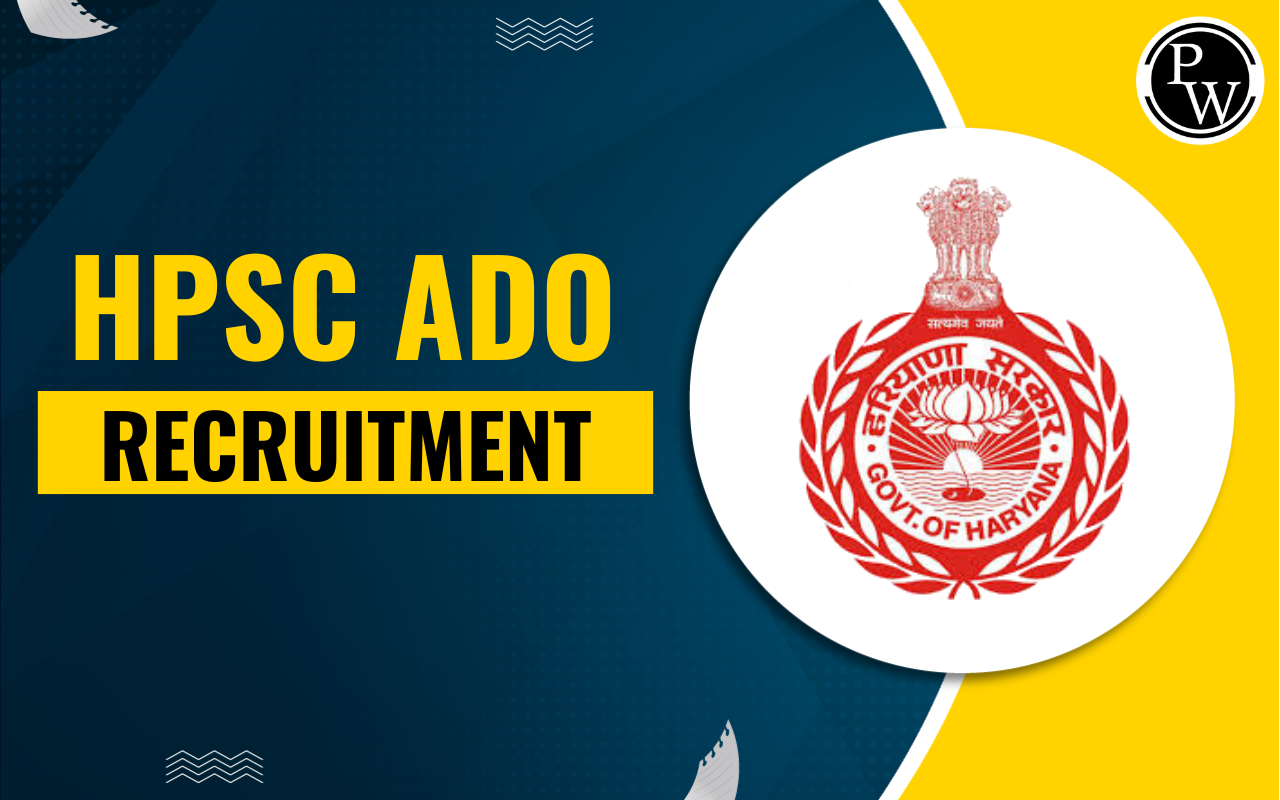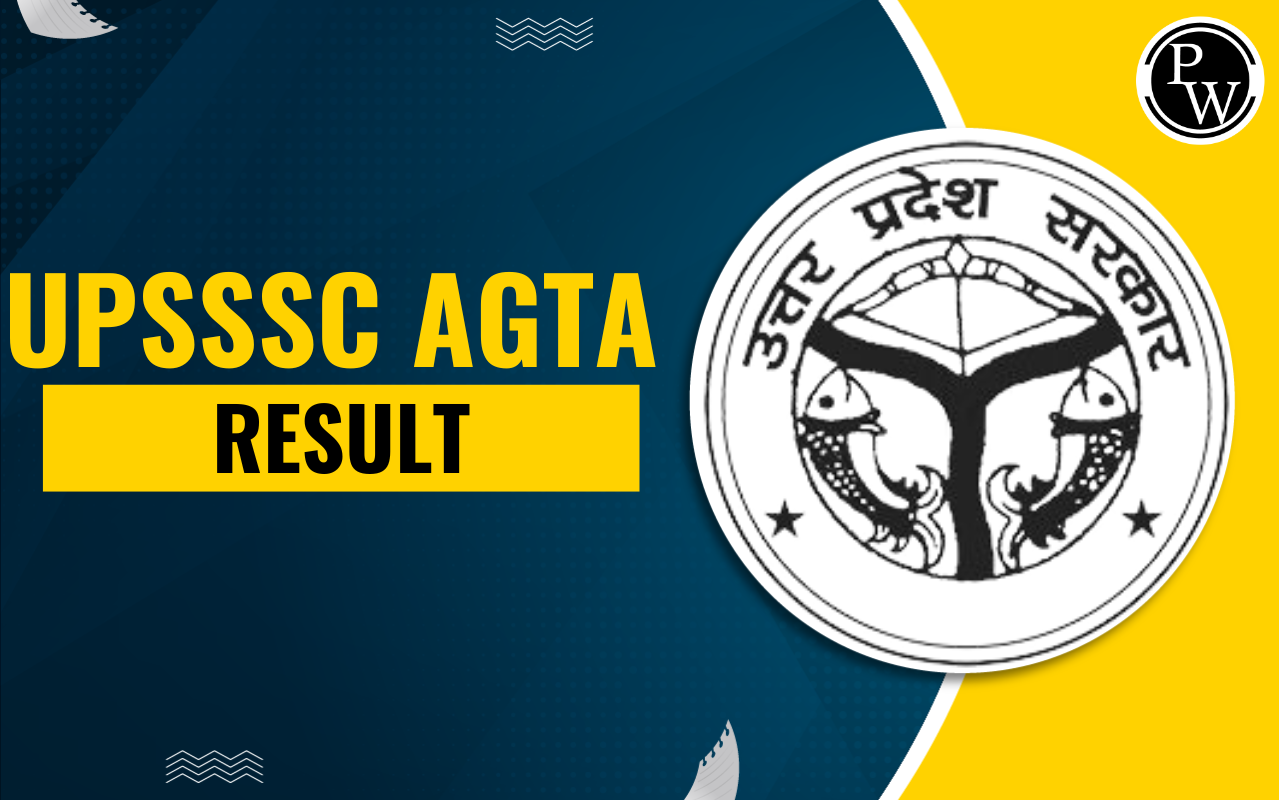

FSSAI Preparation Tips 2025: If you are preparing for the FSSAI exam, here are some preparation tips that will guide you in your journey. The selection process has two parts: the Prelims Exam and the Mains Exam, followed by the interview, for which you must prepare in two different stages. Start preparing for the FSSAI Exam using the preparation tips.
Check out the FSSAI Preparation Tips 2025 to improve your preparation. To do well in the test phase of the competition, here is a solid study plan.
FSSAI Preparation Tips 2025
To prepare for the FSSAI 2025 exam, first read through the new syllabus and exam pattern carefully, paying close attention to the general aptitude and functional knowledge parts. Make a timetable for studying and follow it as closely as you can (make sure to build in extra time for questions with greater weightings, like all food laws and FSSAI's functions). You should use the official FSSAI materials and also the standard reference books. Being able to recall core facts/concepts quickly during your exam is very helpful.
Also Read : FSSAI Eligibility
FSSAI Exam 2025
FSSAI Exam Pattern 2025 for Technical Officer and Central Food Safety Officer (CFSO) consists of two stages without an interview.
-
The Exam Pattern consists of a CBT (Computer-Based Test) of two hours to answer 120 MCQs (Multiple Choice Questions). It has two parts: Part A and Part B.
-
Part A consists of General Aptitude and Computer Literacy, and includes General Intelligence, General Awareness, English Comprehension, and Computer Literacy (a total of 40 questions).
-
Part B is about Functional Knowledge with questions on Indian and International Food Laws, roles and initiatives of FSSAI, and Subject Matter Knowledge (a total of 80 questions).
-
Each question is worth +4 for each correct answer, -1 for incorrect answers. The final merit list will be prepared by assigning equal weightage (50%) to both stages.
FSSAI Preparation Tips
The FSSAI exam marks the beginning of the selection process, and success at this stage is crucial for reaching the next rounds. To help you succeed in FSSAI, we have prepared some valuable preparation tips:
-
Start thoroughly familiarizing yourself with the FSSAI Syllabus and Exam. This step provides a clear road map of what topics and types of questions to expect.
-
It is important to follow a structured syllabus. Consistency in your study routine can greatly improve your understanding and retention of material.
-
Take time to thoroughly study all the concepts in the syllabus. Building a strong foundation is the key to effectively tackling exam questions.
-
Taking short study notes can be very useful for doing last-minute revisions. These notes are a quick reference and help you retain them better.
-
Choose the best study material available that suits your learning style. Quality resources can simplify complex topics and improve your understanding.
-
Following Previous Year Papers is a great way to crack the actual exam and identify recurring questions.
-
Register for the test series and try to take mock tests regularly. They simulate exam conditions and help you improve time management and accuracy.
-
Revise the entire Syllabus before the exam. The revision will strengthen your knowledge and increase your confidence.
-
Take regular breaks while studying to keep your mind fresh and avoid burnout. A rejuvenated mind is more receptive to learning.
Books for FSSAI Exam
When candidates are preparing for FSSAI, they must be well aware of the importance of prelims. This is the first stage of the exam, and therefore, it is important to prepare for it with dedication and focus. Here, we will share with the candidates the best prelims books that will help them candidate to score high in the exam. The FSSAI Prelims consists of general sections – English, Quantitative Aptitude, computer literacy and Reasoning. A strong understanding of all these sections is essential to score well on the exam. Below are some of the best books candidates can refer to for as FSSAI Prelims:
-
Quantitative Aptitude Quantitative Aptitude by R.S. Aggarwal is one of the most popular competitive exam preparation books. The book covers all the topics included in the FSSAI Prelims syllabus and contains detailed explanations of all the concepts.
-
R.S. Aggarwal’s book offers a thorough exploration of both verbal and non-verbal reasoning, with a focus on exam patterns. Arihant’s titles provide structured chapters, solved examples, and ample practice, catering to all reasoning question types seen in FSSAI exams.
-
Wren and Martin’s classic text systematically covers grammar rules, making it ideal for building foundational knowledge. Objective English and Disha’s guide provide targeted practice and exam-focused strategies, ensuring comprehensive preparation for competitive English sections.
-
Computer Literacy can be studied with "Objective Computer Awareness" by Arihant Experts and "Computer Knowledge" by Dr PK Pandey.
-
The FSSAI-specific aspects can be covered by FSSAI publications, Bare Act of the "Food Safety and Standards Act, 2006", "A Practical Guide to Food Laws And Regulations" by Kiron Prabhakar, "Objective Food Science and Safety Standards" by Prabodh Halde, and "Food Microbiology" by Frazier & Westhoff; good coverage of functional knowledge.
Check: FSSAI Syllabus
Sectional Preparation Strategies for FSSAI Exam 2025
FSSAI English Preparation Tips
-
Candidates often neglect the English section, resulting in lower scores.
-
Consider this section as important as Reasoning and Quantitative Aptitude. Focus on comprehension and grammar, covering things like spelling, grammar rules,
-
idioms, sentences, and paragraphs. Daily reading of newspapers not only improves English but also increases general awareness. Practice the previous papers thoroughly to understand the question formats and improve your exam performance. Main topics: misspelled words, idioms/expressions, one-word substitutions, synonyms and antonyms, mistakes, comprehension, and grammar.
Reasoning Tips for FSSAI Exam Preparation
-
Logical reasoning skills are crucial in this section. Practice different types of questions regularly to make the section interesting and high-scoring.
-
Pay attention to seating arrangement and puzzle-type problems, try 4-5 per day.
-
Crosswords and other logic puzzles improve the performance of this section.
-
Take subtests every two or three days to identify weaknesses and improve problem-solving. Focus on blood relations, analogy, age, number sequences, mixed, non-verbal reasoning, encoding and decoding, and word order.
FSSAI Exam Preparation Tips for Quantitative Aptitude
-
Learn the basics of calculus, especially for those with strong math skills. Regular daily tests help you review the basics and improve your problem-solving skills.
-
Learn quick tips, formulas, and direct methods for various topics to speed things up. Increases calculation speed as time management is crucial in this section.
-
Practice questions from previous years' papers and take multiple mock tests to improve your speed. Core Topics: Algebra, Geometry, DI (Bar/Limit Diagram), Profit and Loss, SI and CI, Trigonometry, Measurement, Time and Distance, and Time and Work.
FSSAI Exam Preparation Tips for General Awareness
-
Read newspapers and magazines regularly to stay updated on national and international affairs.
-
Make a list of frequently asked questions, revise previous year model papers, and take notes to revise effectively.
-
Focus on Indian History, Geography, Agriculture, Awards, Politics, Finance and Insurance, Indian Economy, Taxation, Budget, and Sports.
FSSAI Exam Preparation Tips for Computer Literacy
To ensure you are well prepared for the Computer Literacy section of the FSSAI exam, first, take a careful look at the syllabus provided by the exam body to see what important topics are covered, eg, MS Office, Google Docs, Social Media, etc.
-
Then refer to standard books, such as "Objective Computer Awareness" by Arihant Experts and "Computer Knowledge" by Dr. PK Pandey. These will help you to understand concepts and gain lots of practice.
-
Regular revision and a continued focus on working on and solving lots of different questions is key to securing your understanding of the concepts covered and also the variety of questions you could get in the exam.
Aspirants must join Physics Wallah's Join Agriculture Online Courses to boost their readiness for the Agriculture Competitive Examinations. Our courses offer daily live classes, study notes, recorded classes, test series, and more.
FSSAI Preparation Tips FAQs
What is the best way to start FSSAI Prelims preparation?
How should I allocate my study time across subjects?
How important are mock tests in preparation?
Should I focus on current affairs for the Prelims?


